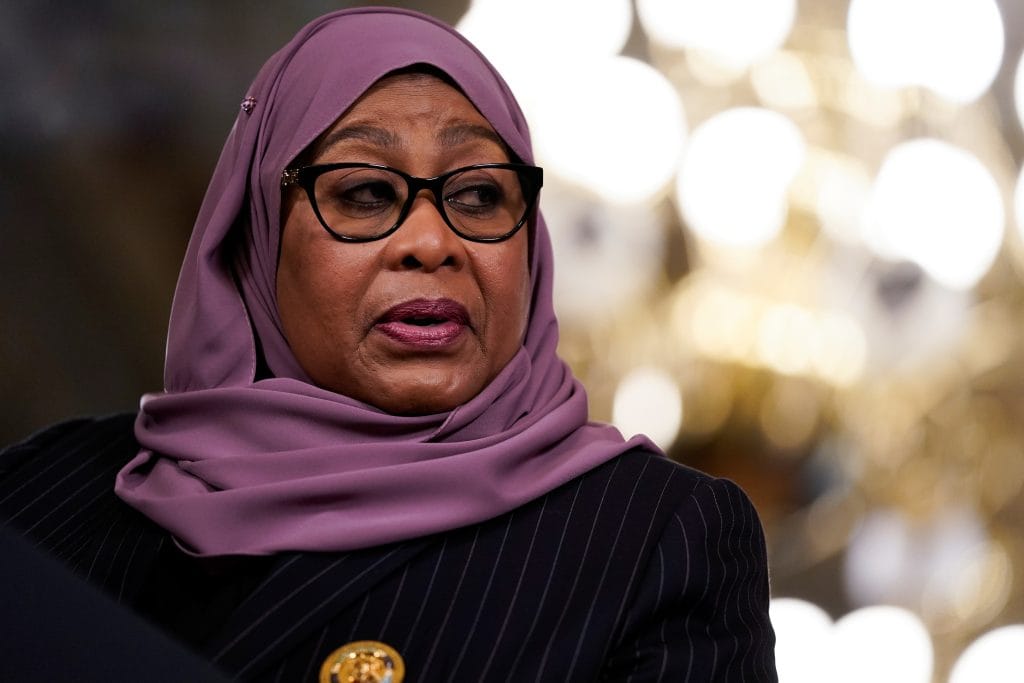The decision comes as opposition groups and activists had called for nationwide gatherings on Dec. 9 to protest the killings that occurred after the vote. The opposition alleges that hundreds were killed in the crackdown. The government has not released an official death toll and has established a commission of inquiry to investigate the incidents.
President Samia Suluhu Hassan won the election with 98% of the vote, a result the opposition described as a “mockery of democracy.” Two leading opposition figures — Tundu Lissu, detained on treason charges he denies, and Luhaga Mpina, whose candidacy was rejected on technical grounds — were unable to participate.
Several observer missions reported that the vote showed signs of manipulation and did not meet democratic standards.
An international coalition of lawyers and human rights organizations has formally asked the International Criminal Court (ICC) to open an investigation into alleged crimes against humanity committed during the unrest, including mass killings and the secret disposal of bodies. The 82-page submission was delivered to the ICC Prosecutor’s Office on Nov. 13 and made public on Tuesday.
Authorities imposed a five-day internet blackout starting on Election Day, Oct. 29, and warned citizens against sharing images of the protests. Graphic videos and photos circulating online have been verified by international media outlets. The government has dismissed the portrayals as attempts to damage Tanzania’s image, maintaining that the country remains stable.
Government spokesperson Gerson Msigwa said Sunday that the inquiry commission would clarify what happened, though rights groups have questioned its independence.
At least 240 people were charged with treason after the protests, though President Samia later asked prosecutors to exercise leniency, and many detainees have since been released.
While announcing the cancellation of the independence events, Nchemba urged citizens to avoid violence and emphasized the need for dialogue.
“I urge my fellow Tanzanians to come together and discuss the issues affecting us. Let us not return to what we went through, because the consequences are irreparable,” he said.
President Samia, who became Tanzania’s first female head of state in 2021 after the death of President John Magufuli, was initially credited with easing political restrictions, though observers say political space has since tightened.



